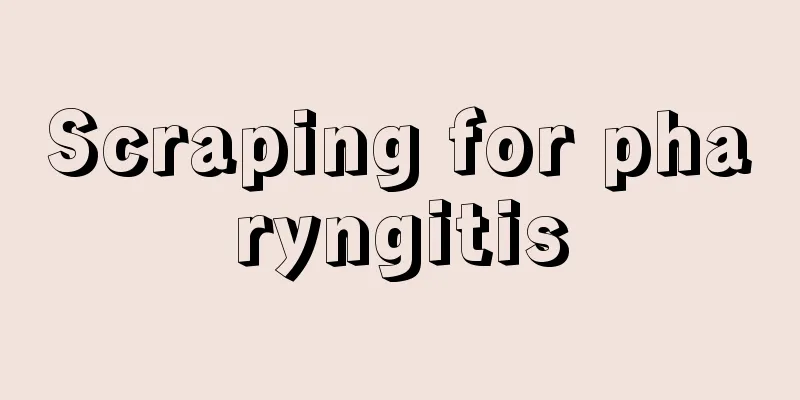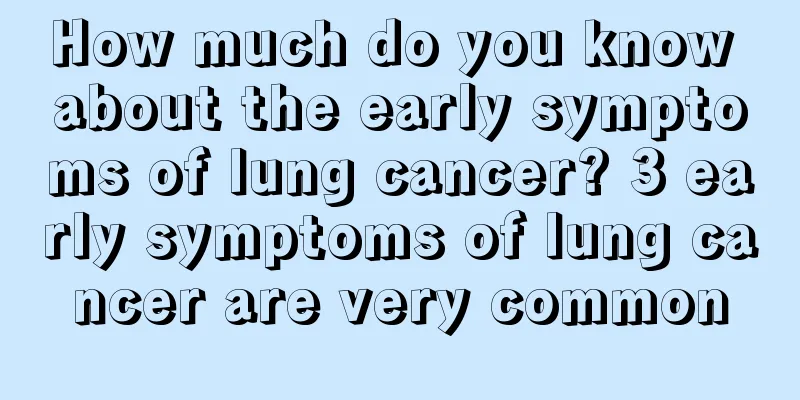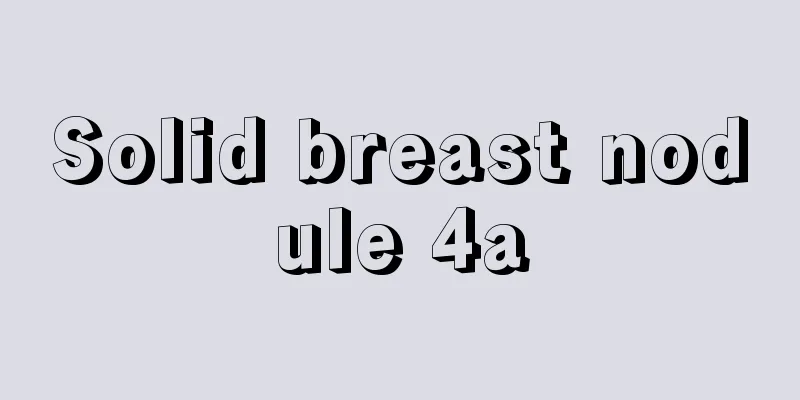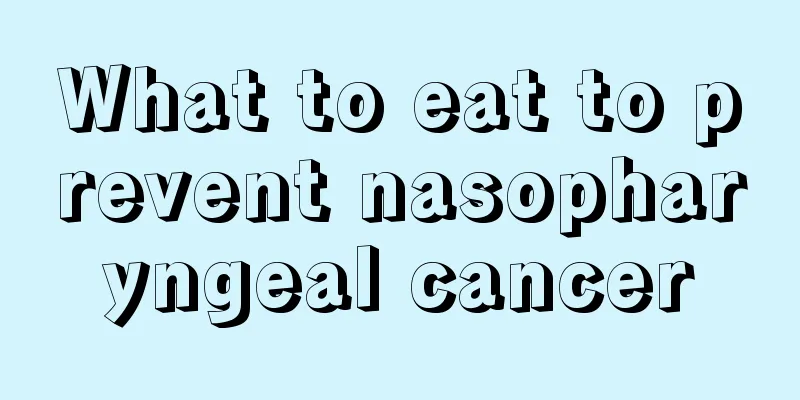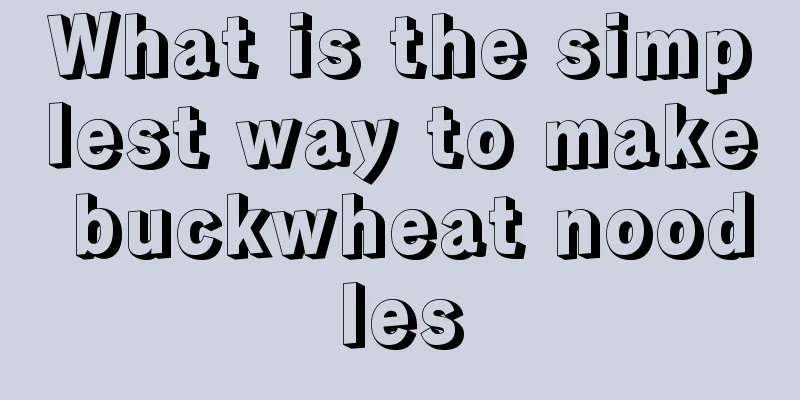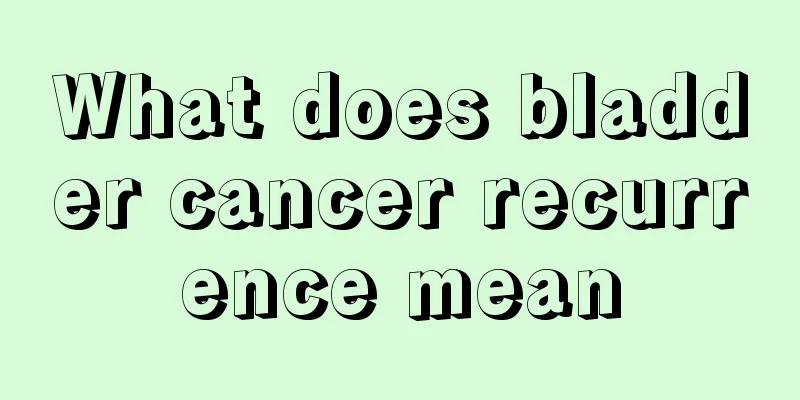Manifestations of brain stimulation

|
In fact, when people think normally, their brains can function normally. However, when they are suddenly subjected to some serious stimulation, our brains may go blank. At this time, the brain will not control its actions, and thus do things beyond its expectations. Moreover, after the brain is stimulated, it is particularly easy to cause insomnia. So what are the manifestations of brain stimulation? 1. Association disorder Loose thinking (scattered thinking), fragmented thinking, illogical thinking, interrupted thinking, emergent thinking (compulsive thinking) or poor thinking content and pathological symbolic thinking. 2. Emotional disorders Emotional indifference, dullness, emotional incoordination (inappropriateness) and emotional inversion or self-laughter (silly laughter). 3. Decreased willpower Inactivity, loneliness, passivity, withdrawal; poor social adaptability and decreased social function; bizarre behavior, introversion; perverse intentions, etc. 4. Other common symptoms Delusion: Characteristics are mostly unsystematic, generalized, absurd and bizarre; primary delusion (delusional perception); hallucination, with verbal auditory hallucinations being the most common, commentary and command auditory hallucinations, other primary symptoms such as automatism and symptoms of tension, etc. (II) Common clinical types 1. Paranoid psychosis Also known as delusional type, it is the most common type of psychosis in most parts of the world. The onset is generally slow, and the age of onset is later than that of the adolescent and tense types. Its clinical manifestations are relatively stable, often characterized by paranoid delusions, often accompanied by hallucinations. However, emotional, volitional and speech disorders and tension symptoms are not prominent, or "negative" symptoms such as emotional dullness and lack of will are also common, but they do not constitute the main clinical phase. There are few cases of spontaneous remission, and the treatment effect is better. 2. Adolescent Psychosis The disease progresses rapidly. The main symptoms are bizarre thoughts, difficulty in understanding and fragmented thinking. Prominent emotional changes, unstable moods, artificial expressions, silly grins, and incoordination. The children behave in a childish, foolish and grimacing manner, and often have excited, impulsive behavior and hyperactive instincts. The hallucinations and delusions are fragmentary and the mental symptoms are rich and changeable. The prognosis is poor, and some patients develop "negative" symptoms rapidly. 3. Catatonic psychosis Data from developed countries abroad and my country both show that this type of population has been greatly reduced, but the reason is unclear. The onset is usually acute, and most cases occur in young and middle-aged people. The main clinical phase is the inhibition of the patient's speech movements, manifested as stupor or sub-stupor. Catatonic stupor may alternate with brief catatonic excitement. The main symptoms include mutism, catatonic stupor, disobedience, waxy flexion, obstinacy, passive obedience and continuous speech. Catatonic excitement manifests as sudden and short-term intense excitement attacks, smashing things aimlessly. This type may have spontaneous remission and the treatment effect is better than other types. 4. Simple psychosis It is less common. This type of disease starts in adolescents, develops slowly and progresses continuously. Spontaneous remission is rare. Neurasthenia-like symptoms may appear in the early stages, but the self-awareness is poor and the patients do not actively seek medical treatment. The main clinical manifestations are increasing loneliness, passivity, laziness in life, loss of interest, emotional indifference and eccentric behavior. Because psychotic symptoms such as delusions and hallucinations are not obvious, they are often difficult to detect early and are a type of disease that is difficult to diagnose. It is difficult to treat, insensitive to antipsychotic drugs, and has the worst prognosis. |
<<: Symptoms of cerebral ischemia
>>: How to relax a tense brain_a tense brain cannot relax
Recommend
Can I use Germanium Stone Steam Steaming every day?
Steaming as a health-care method is well known to...
What are the common methods for treating glioma
Glioma is the most common type of brain tumor. Pa...
What are the ways in which health massage promotes the circulation of qi and blood?
Nowadays, more and more people pay attention to h...
How to treat gastric cancer after metastasis
How to treat gastric cancer metastasis? 1. If gas...
Azithromycin Enteric-coated Capsules
Azithromycin Enteric Capsules are anti-inflammato...
How to correctly prevent the metastasis of kidney cancer
How to correctly prevent the metastasis of kidney...
The difference between wood oil and wood wax oil
Normally, when processing various things, includi...
How much does it cost to treat gastric cancer
We all know that cancer is a very scary disease. ...
How to use moxibustion to treat irregular menstruation
We know that irregular menstruation brings a lot ...
What are the late symptoms and manifestations of liver cancer
What are the manifestations of mid- to late-stage...
My right kidney hurts when I bend over
You need to do housework at home on weekends and ...
Does drinking coffee cause hair loss?
Coffee is a slightly stimulating drink. Drinking ...
I always want to have diarrhea but can't, what's going on?
I believe that many people are familiar with the ...
What are the symptoms of muscle adhesions?
Muscle adhesion is actually common in many patien...
How common is brain tumor?
The incidence of brain tumors is actually quite h...
